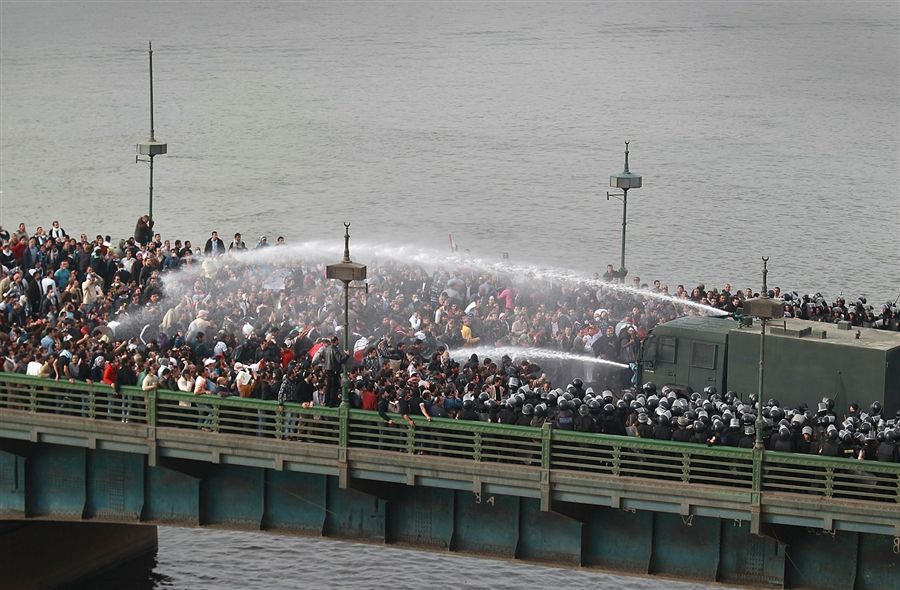International Children s Day will be celebrated throughout the world on the 20th of November. The United Nations marks this day as a day of worldwide fraternity and understanding between children . In Iraq, unfortunately, this day will not be celebrated with much fanfare, as children have become the most vulnerable victims of an unconscionable adult war. One glance at photographs of Iraqi children maimed by the war, and they are unforgettable.
One child dies every five minutes in Iraq. Many more are maimed for life. Of the estimated 4 million Iraqis – a number equaling the entire population of Ireland – who have been displaced inside the country or have left Iraq, 1.5 million are children. For the most part, they do not have access to basic health care, education, shelter, water or sanitation.
70 percent of the population lacks access to adequate water supplies, and 80 percent lacks effective sanitation, conditions that create a breeding ground for intestinal and respiratory infections primarily affecting children. Children are dying every day because of the lack of essential medical support. The bad sewage system and lack of purified water, particularly in suburbs, has been a serious problem which might take years to solve, warns Ahmed Obeid, an Iraqi health official.
Another major concern is malnutrition. Levels among children are continuously increasing; incidents of malnutrition have doubled since the US-led invasion so that Iraq is now at par with Burundi, the central African country torn asunder by a brutal civil war, and higher than Haiti, the poorest country in the Americas.
The number of children born underweight is also higher than before the invasion, according to a report published by OXFAM and 80 other aid agencies. Some 8 million people – approximately one-third of the population – require emergency aid, and more than 4 million Iraqis depend on food assistance.
Sick or injured children who could otherwise be treated by simple means are left to die in the hundreds because they don t have access to basic medicines or other resources. Children who have lost hands, feet and limbs are left without prostheses. Children with grave psychological distress are left untreated. This is the assessment of 100 British and Iraqi doctors.
A variety of environmentally-related chronic diseases are appearing among children due to their exposure to contaminants. Many cases of congenital malformations and cancer among children are believed to be the consequences of exposure to chemicals and radioactive materials. Add to that what is euphemistically called collateral damage , meaning the thousands of children killed by roadside bombs, suicide attacks or military and security operations.
Also of concern is the growing number of children, both girls and boys, who are being abducted and trafficked for sexual exploitation. This is the result in part to the rise of armed groups throughout the country.
It behoves the international community – Western and regional players alike – to take steps to come together to end the spiral of violence in Iraq for the sake of our very humanity. When we read or hear about the endless reports of violent incidents in Iraq, how often do we stop to think how a single such event impacts the bodies, minds, hearts, daily lives and futures of the people it touches, whether directly or indirectly?
I look again at the face of an anonymous Iraqi child, a photograph by Dan Chung for The Guardian, his features burned almost beyond recognition, whose sad eyes seem to say, What did I do to deserve this? Such little people, carrying the tragic consequences of war on their frail shoulders.
César Chelala, MD, PhD, is a co-winner of an Overseas Press Club of America award. He is also the foreign correspondent for Middle East Times International (Australia). This article is distributed by the Common Ground News Service (CGNews) and can be accessed at www.commongroundnews.org.

